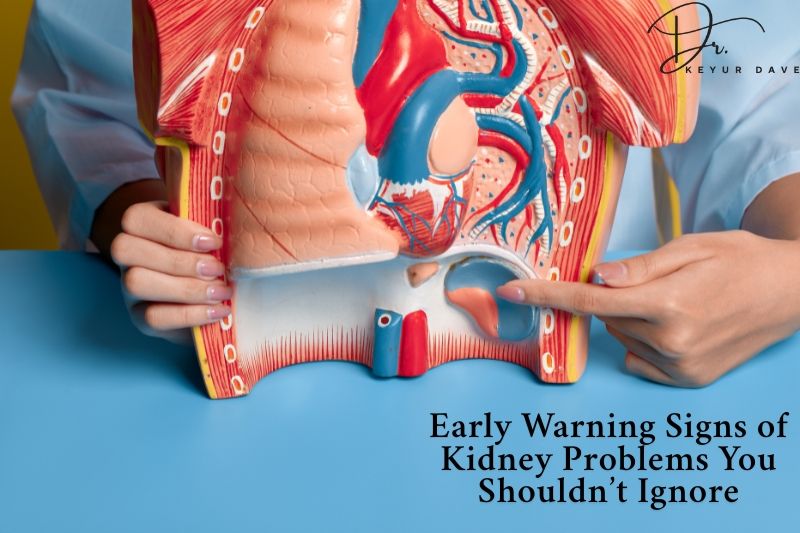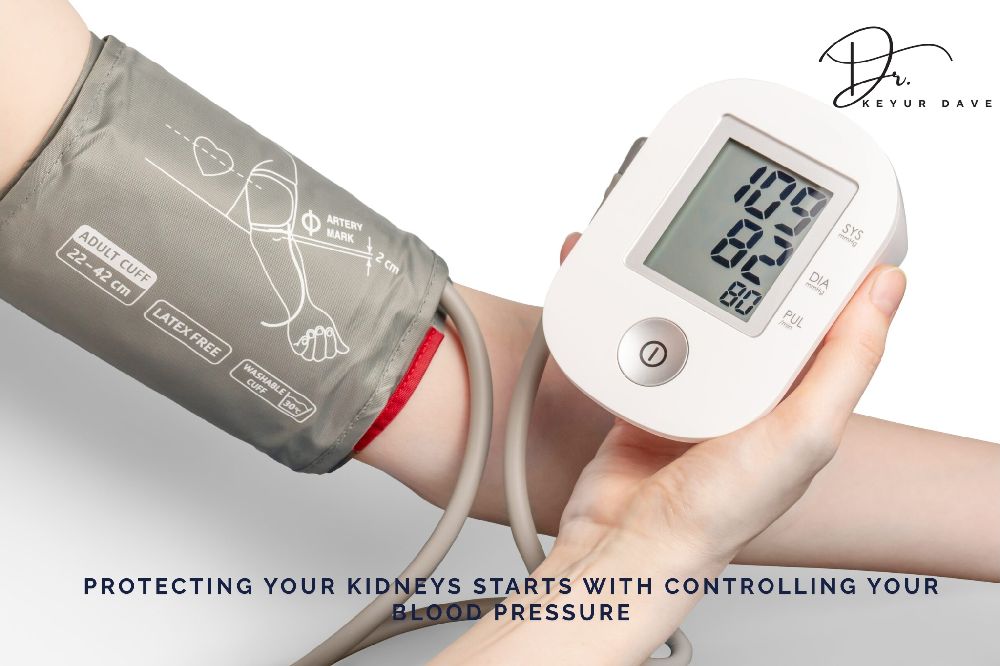.jpg) If your doctor has ordered blood work to check your kidney health, one of the most critical values you'll come across is eGFR, or estimated glomerular filtration rate. This number gives insight into how efficiently your kidneys are filtering waste — a process vital to your overall well-being.
If your doctor has ordered blood work to check your kidney health, one of the most critical values you'll come across is eGFR, or estimated glomerular filtration rate. This number gives insight into how efficiently your kidneys are filtering waste — a process vital to your overall well-being.
Blog posts tagged with 'nephrology appointment'

The kidneys are essential for filtering waste, maintaining fluid balance, and supporting blood pressure regulation. Unfortunately, kidney disease often progresses silently, showing no obvious signs until it reaches an advanced stage. That’s why recognizing early symptoms is critical for timely intervention and better long-term outcomes.
 High blood pressure doesn’t just affect your heart—it’s one of the leading causes of kidney damage. When left unmanaged, it silently damages the delicate blood vessels in the kidneys, reducing their ability to filter waste and balance fluids in the body. Over time, this can lead to chronic kidney disease (CKD), dialysis, or even the need for a transplant.
High blood pressure doesn’t just affect your heart—it’s one of the leading causes of kidney damage. When left unmanaged, it silently damages the delicate blood vessels in the kidneys, reducing their ability to filter waste and balance fluids in the body. Over time, this can lead to chronic kidney disease (CKD), dialysis, or even the need for a transplant.
 When the kidneys lose their ability to properly filter blood and remove waste, dialysis steps in as a life-sustaining therapy. Kidney failure, or end-stage renal disease (ESRD), disrupts the body’s delicate balance of fluids and minerals. Dialysis plays a critical role in managing this condition, offering patients a way to maintain essential bodily functions. In this article, we’ll dive into what dialysis is, explore the two primary types, explain how it works, and highlight the benefits it offers.
When the kidneys lose their ability to properly filter blood and remove waste, dialysis steps in as a life-sustaining therapy. Kidney failure, or end-stage renal disease (ESRD), disrupts the body’s delicate balance of fluids and minerals. Dialysis plays a critical role in managing this condition, offering patients a way to maintain essential bodily functions. In this article, we’ll dive into what dialysis is, explore the two primary types, explain how it works, and highlight the benefits it offers.
.jpg) Food Diet and Management Tips for Better Kidney Health
Food Diet and Management Tips for Better Kidney Health

.png)
.jpg)
.png)
.png)
